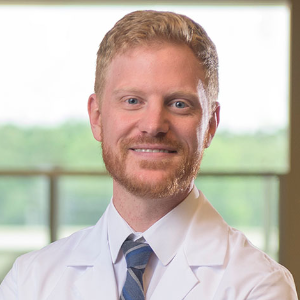Title : Integrated behavioral health treatment and training for substance use and behavioral health disorders
Abstract:
Purpose: Given a shortage of mental health and substance abuse care providers, stigma associated with seeing a behavioral health provider, and limited insurance coverage for behavioral health services, results in patients commonly presenting to primary care physicians with their psychiatric and substance use concerns (Faghri et al., 2010). Thus, behavioral health services have begun to be integrated into primary care settings to allow individuals to receive comprehensive treatment for their health concerns from a team of health care providers. This integration is frequently accomplished through the coordination and partnership between physicians and behavioral health providers including psychologists (Bluestein & Cubic, 2009). This poster presentation will describe the context of the problem of access and availability of providers and the extent of workforce shortages. The integrated behavioral health (IBH) model used for opioid use disorder (OUD) including behavioral interventions and medication assisted treatment (MAT) services along with other behavioral health and substance use conditions will be presented including information about workflow and collaboration models. The poster will describe screening processes to identify behavioral health and substance use concerns and options for care including MAT within the primary care setting. A grant from the Health Resources and Services Administration (HRSA) allowed for specific training in treating OUD and working in integrated settings. Furthermore, the poster will describe the training opportunities and the impact of increased availability of behavioral health and MAT options working together.
Methodology: Descriptive statistics related to amount of patient care provided within IBH settings in primary care will be presented along with qualitative data from recorded interviews with thematic abstraction related to trainee experience.
Results:
To date, over 500 individuals have been provided comprehensive behavioral health services through the team based IBH services within the primary care clinic. Since transitioning to telehealth service delivery in 2020 due to COVID-19, there have been over 300 IBH patient encounters. Due to the team-based nature of the IBH services, patients have been able to receive medication management and behavioral interventions within one visit which reduced the burden on the patients for scheduling multiple appointments. Furthermore, since patients were often able to connect to IBH services from their homes due to the use of telehealth, transportation barriers that may have previously prevented or dissuaded patients from seeking BHC services, were lessened.
Numerous doctoral psychology students, social workers, and medical residents have completed training opportunities in IBH service delivery. Interview data revealed that trainees considered their experience in IBH, telehealth, and substance use disorder treatment to be the most valuable aspects of the program. The training program caused participants to shift their way of thinking towards a collaborative care model, which they considered helpful for their future practice. Key learning experiences focused on the primary care setting including collaborating with interdisciplinary teams and understanding how to integrate behavioral health into systems.
Conclusions: Integrating IBH service delivery within primary care for substance use disorders including OUD along with other behavioral health conditions appears to be one strategy for expanding access to treatment and training numerous disciplines to provide evidence-based treatment.
What will audience learn from your presentation?
- Understand integrated behavioral health models for OUD treatment in a primary care setting
- Understand the scope and impact of health professions shortages on access to care in rural and underserved settings along with novel strategies such as telehealth interventions to address shortages
- Understand the role of primary care and IBH models in treating Opioid Use Disorder
- Understand the role of primary care and IBH model in training medical and behavioral health trainees in treatment of OUD and other behavioral health/substance use conditions




